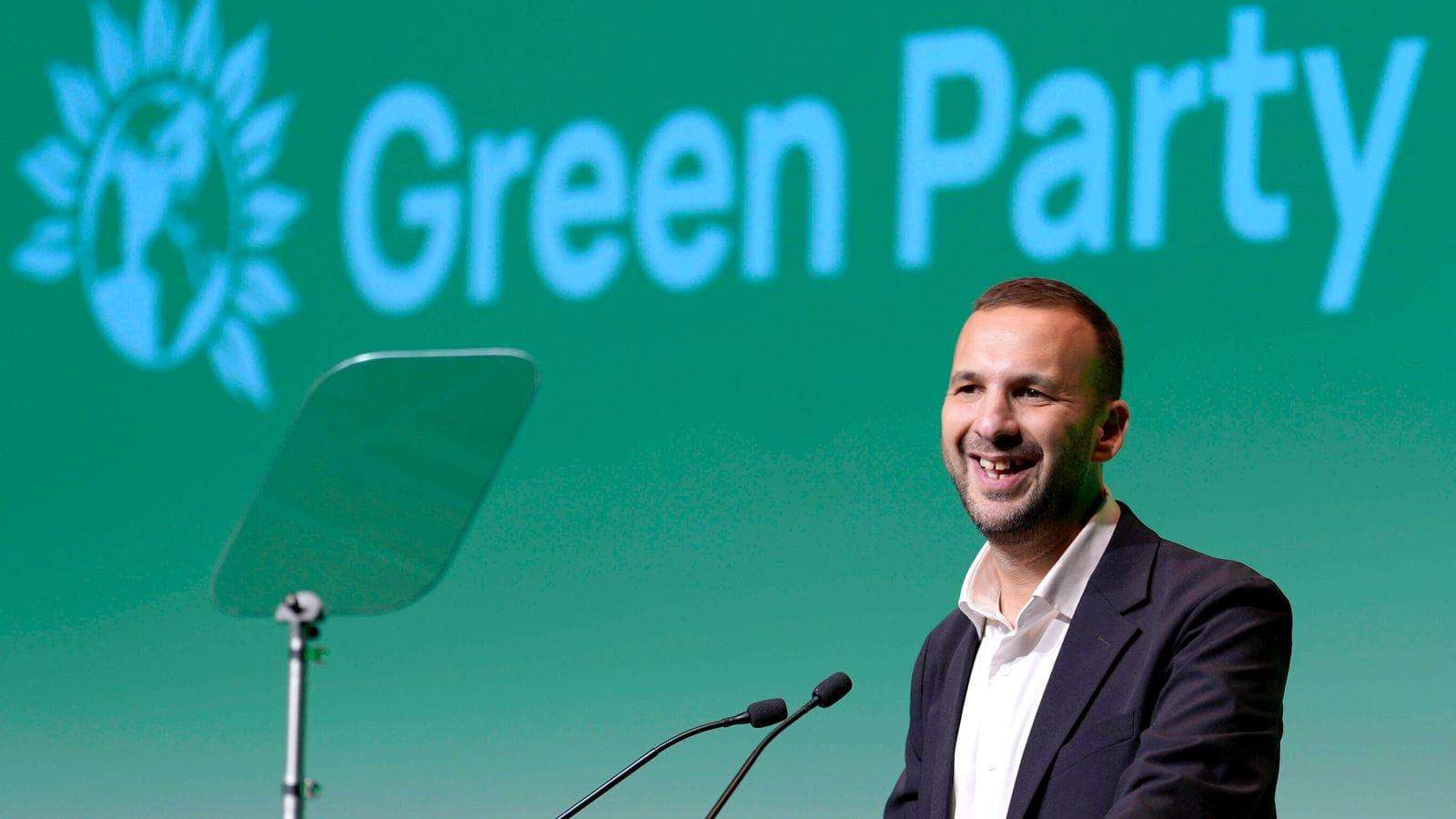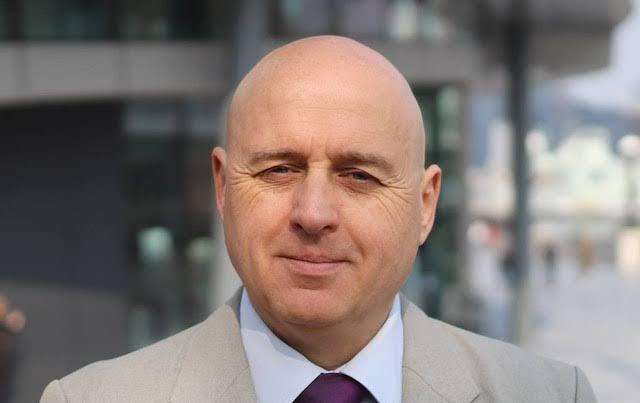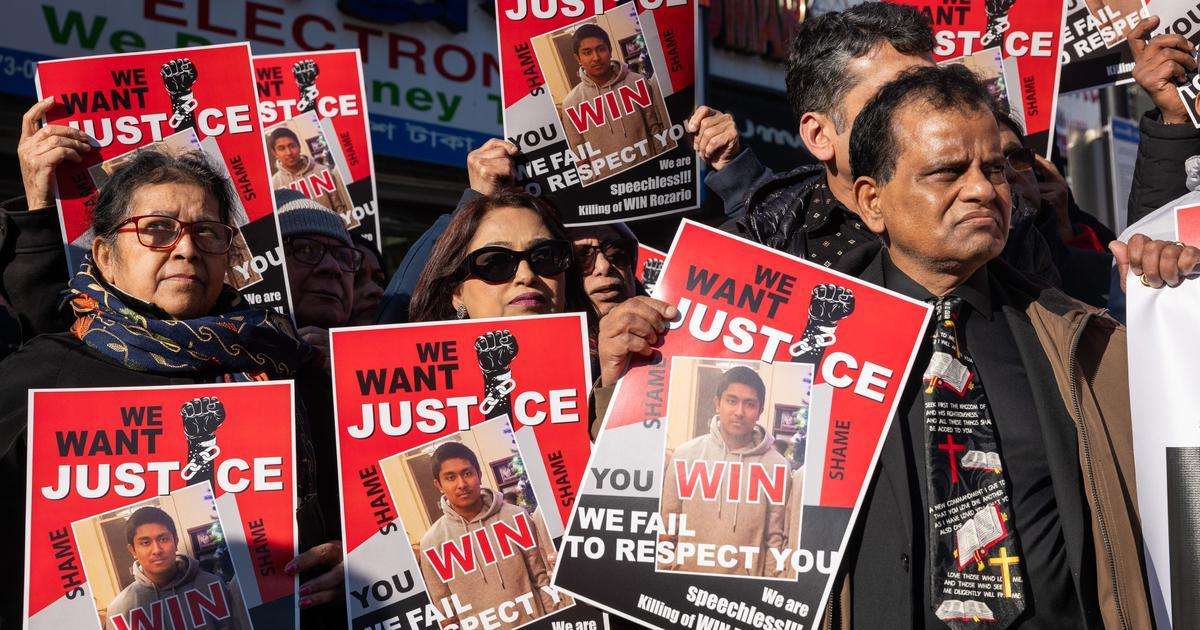After eighteen months of relentless organizing and demands for justice from the Bangladeshi American community, two New York City Police Department (NYPD) officers have been formally charged with misconduct in the fatal shooting of 19-year-old Win Rozario. The charges, which include allegations of excessive force and abuse of authority, mark a crucial victory for a community that has fiercely advocated for accountability since the tragedy in March 2024.
Officers Salvatore Alongi and Matthew Cianfrocco were each served with four departmental charges, stemming from the New York City Civilian Complaint Review Board’s (CCRB) decision to substantiate numerous misconduct allegations. Crucially, the CCRB board, in a rare move, voted to overrule its own investigators’ initial findings and recommended the highest level of discipline—up to termination—for the officers’ use of deadly force.
The incident occurred when Win Rozario, who was experiencing a mental health crisis, called 911 for help at his Ozone Park, Queens home. The responding officers shot and killed the Bangladeshi teenager in front of his mother and younger brother within minutes of entering the apartment. Police body-camera footage, released only after intense public pressure, contradicted the NYPD's initial narrative, showing the officers tasing Rozario, his mother desperately trying to intervene, and a rapid escalation of the situation.
A Community Rises Up
For the estimated 300,000 people of Bangladeshi origin in the US, particularly those concentrated in Queens and Brooklyn, the charging of the officers is a significant, hard-won moment of validation. Community organizations like Desis Rising Up and Moving (DRUM) and the Justice Committee have led a sustained campaign of protests, vigils, and testimonies to ensure the case did not disappear.
Kazi Fouzia, a director at DRUM, emphasized the unprecedented nature of the collective action. “We have not seen South Asian people organize, testify, and demand justice like we have done for the last 18 months,” she stated. “It is because of this organizing work that we have some semblance of accountability.”
Charges and the Path to Accountability
The eight substantiated allegations against the officers include:
- Wrongful use of force, specifically in firing multiple gunshots without police necessity.
- Unjustified use of a Taser.
- Conduct prejudicial to the good order of the NYPD for entering the apartment without sufficient legal authority.
The case will now proceed to the NYPD’s departmental trial room, where the CCRB’s Administrative Prosecution Unit will handle the proceedings. The CCRB’s vote to substantiate the deadly force allegations means the recommended penalty is termination from the force.
However, the family and activists remain vigilant, noting the NYPD’s history of protecting officers from severe discipline. “We are relieved that the CCRB has substantiated the charges… but we have been learning how many tricks the NYPD plays to protect police so they aren’t fired when they kill our children,” said Francis Rozario, Win's father, who, along with the family, has also filed a civil lawsuit against the officers and the City of New York.
The Call for Mental Health Response Reform
Beyond demanding the officers be fired, the Bangladeshi American community is spearheading a broader movement: the call for removing police from mental health crisis response entirely. Win Rozario called for help, and his family maintains that a medical team, not armed officers, should have responded to his crisis. This demand aligns with city-wide calls for investing in non-police, unarmed, professional mental health emergency response models, a platform that has gained significant traction following the tragedy.
The formal charging of the officers is a powerful acknowledgment of the family’s pain and the community’s political mobilization, transforming a personal tragedy into a rallying cry for systemic change within the city’s policing of vulnerable communities.
_3.jpg)
_4.jpg)






.svg)
